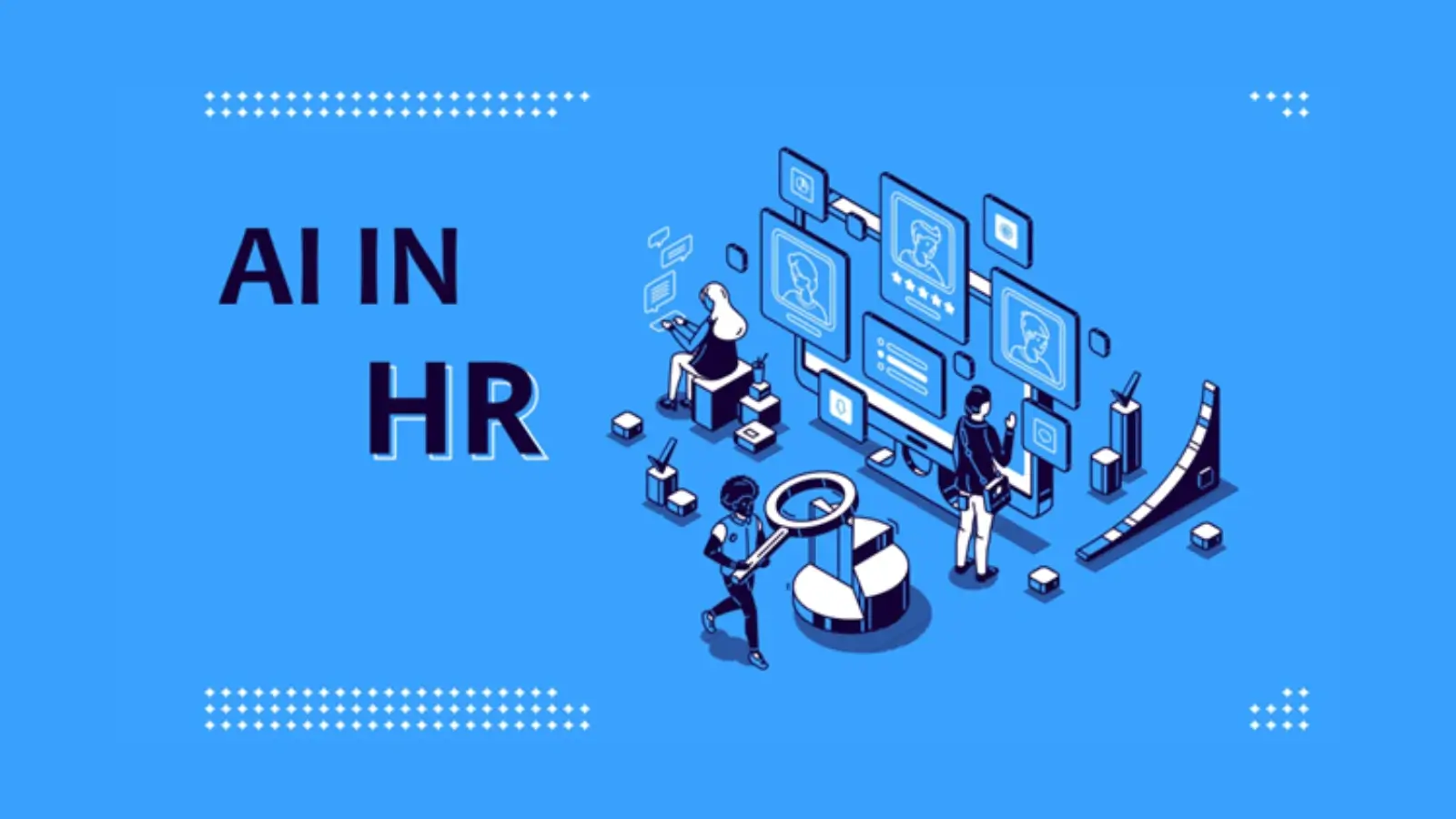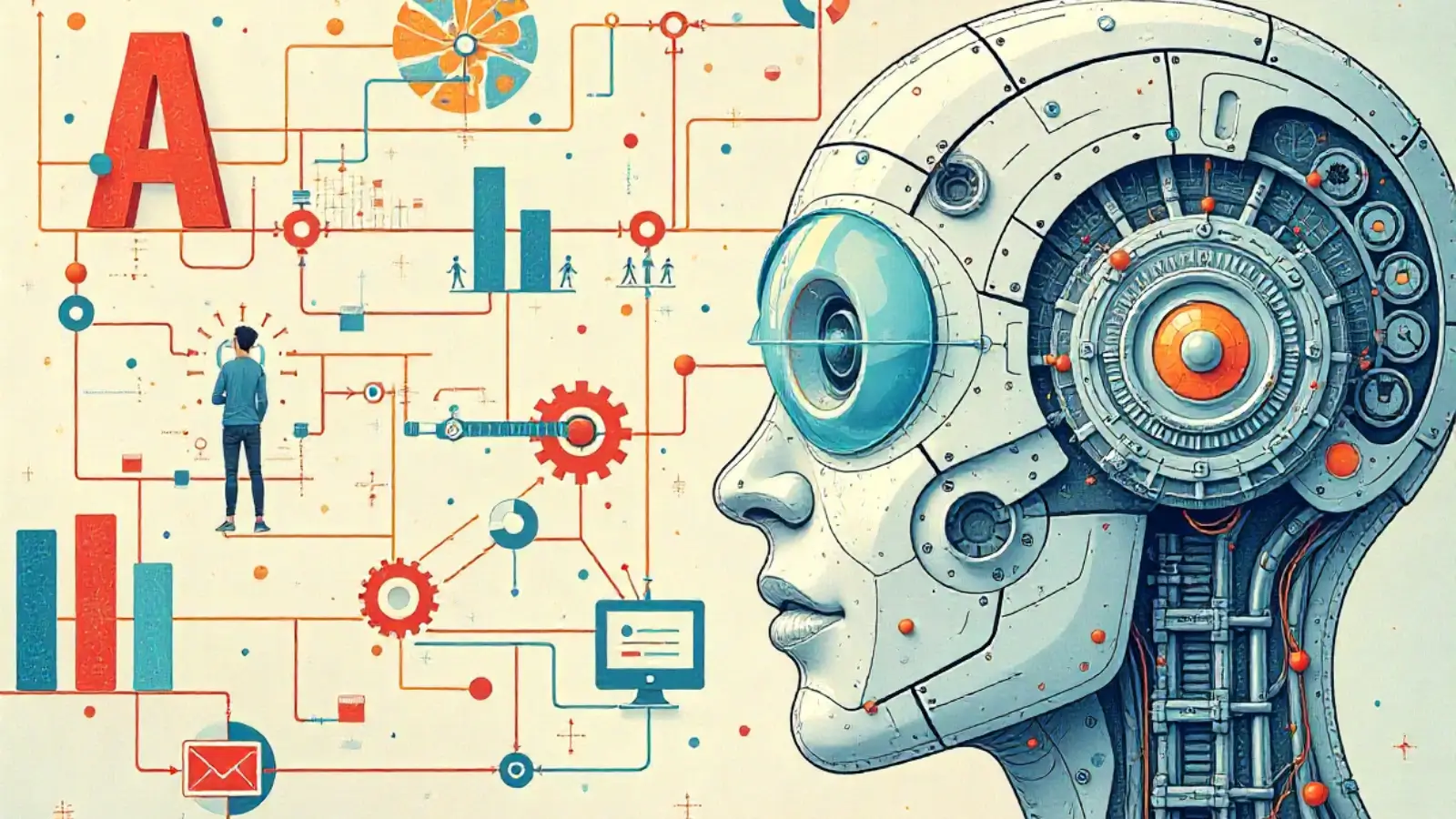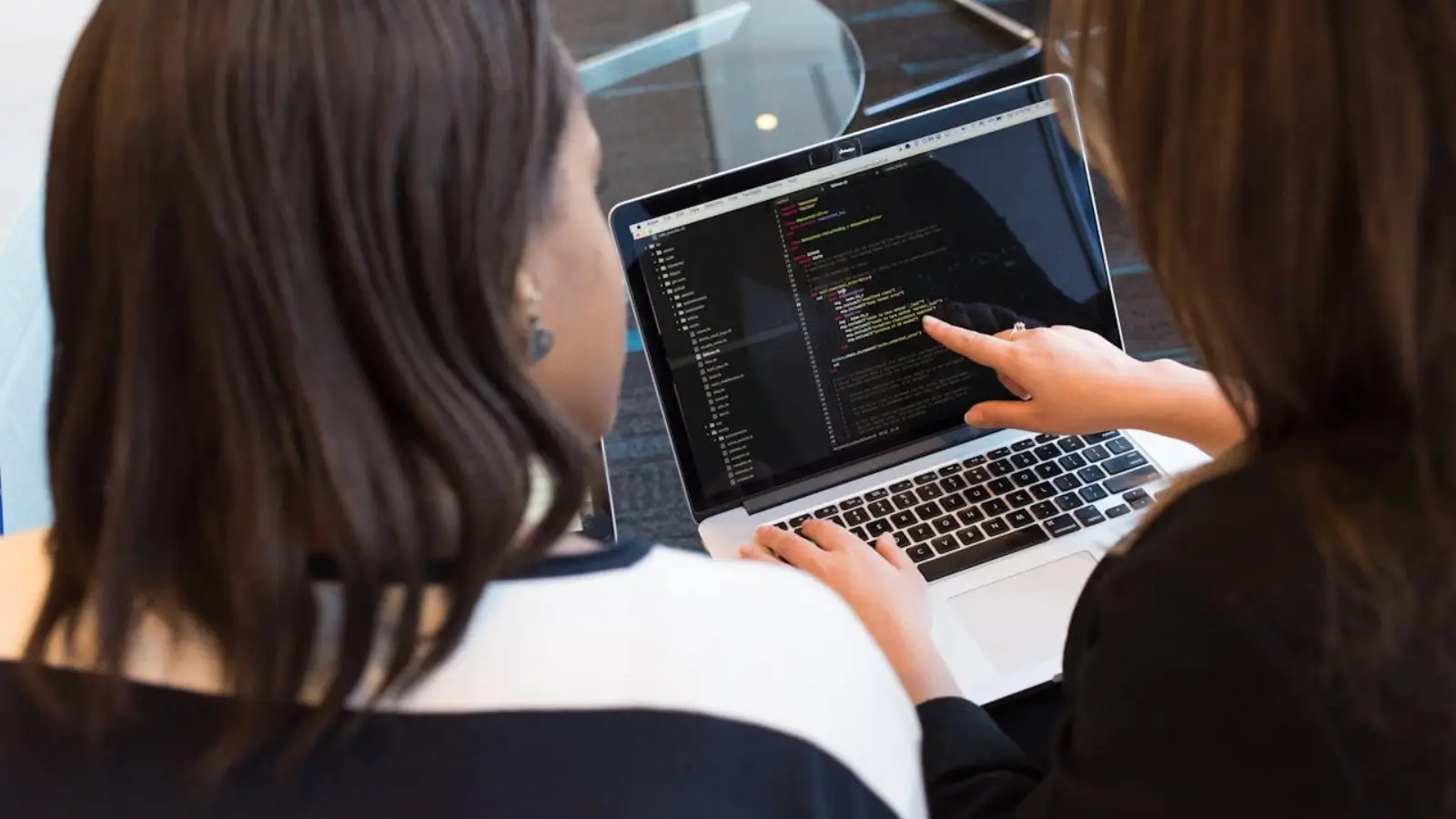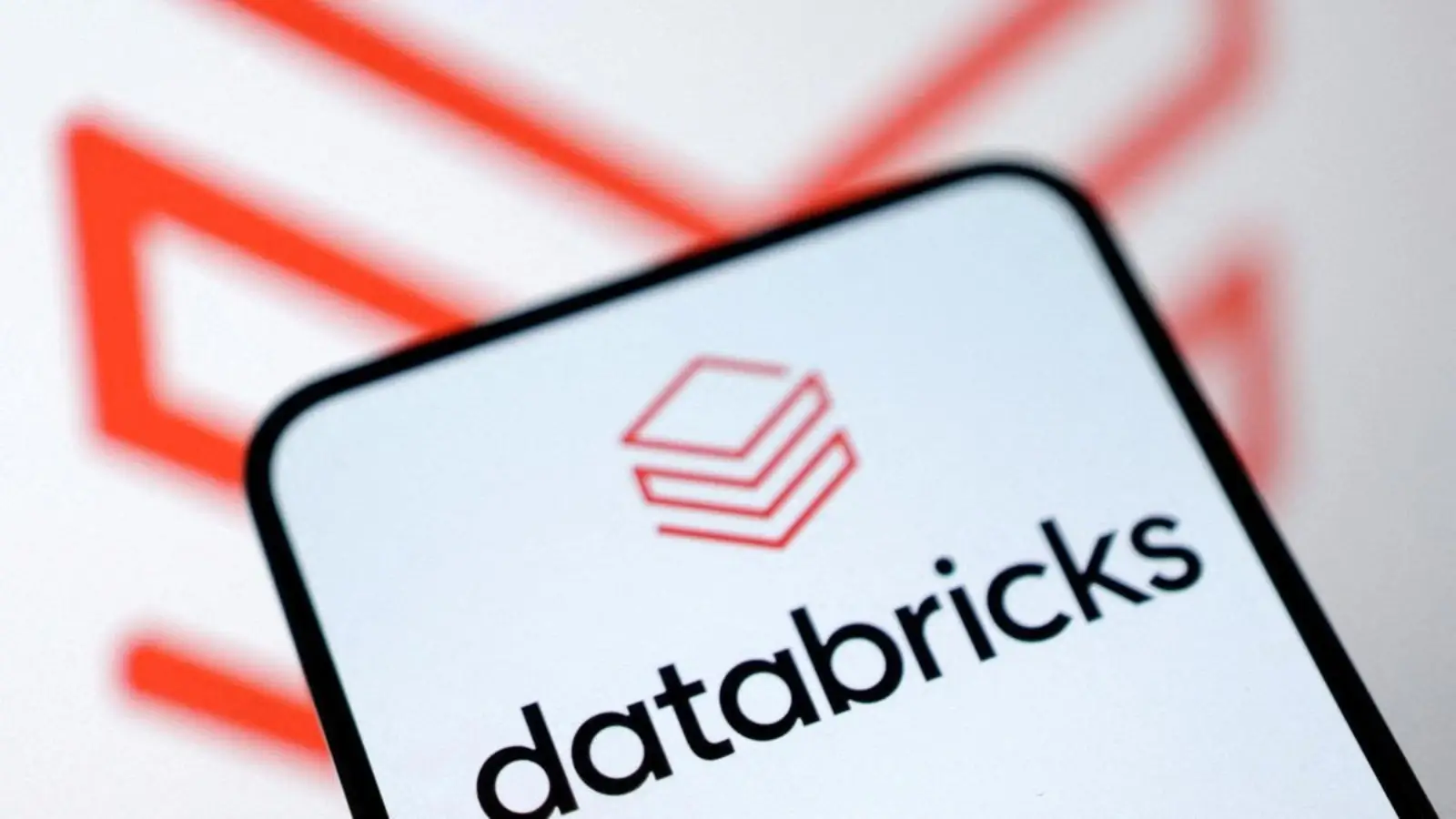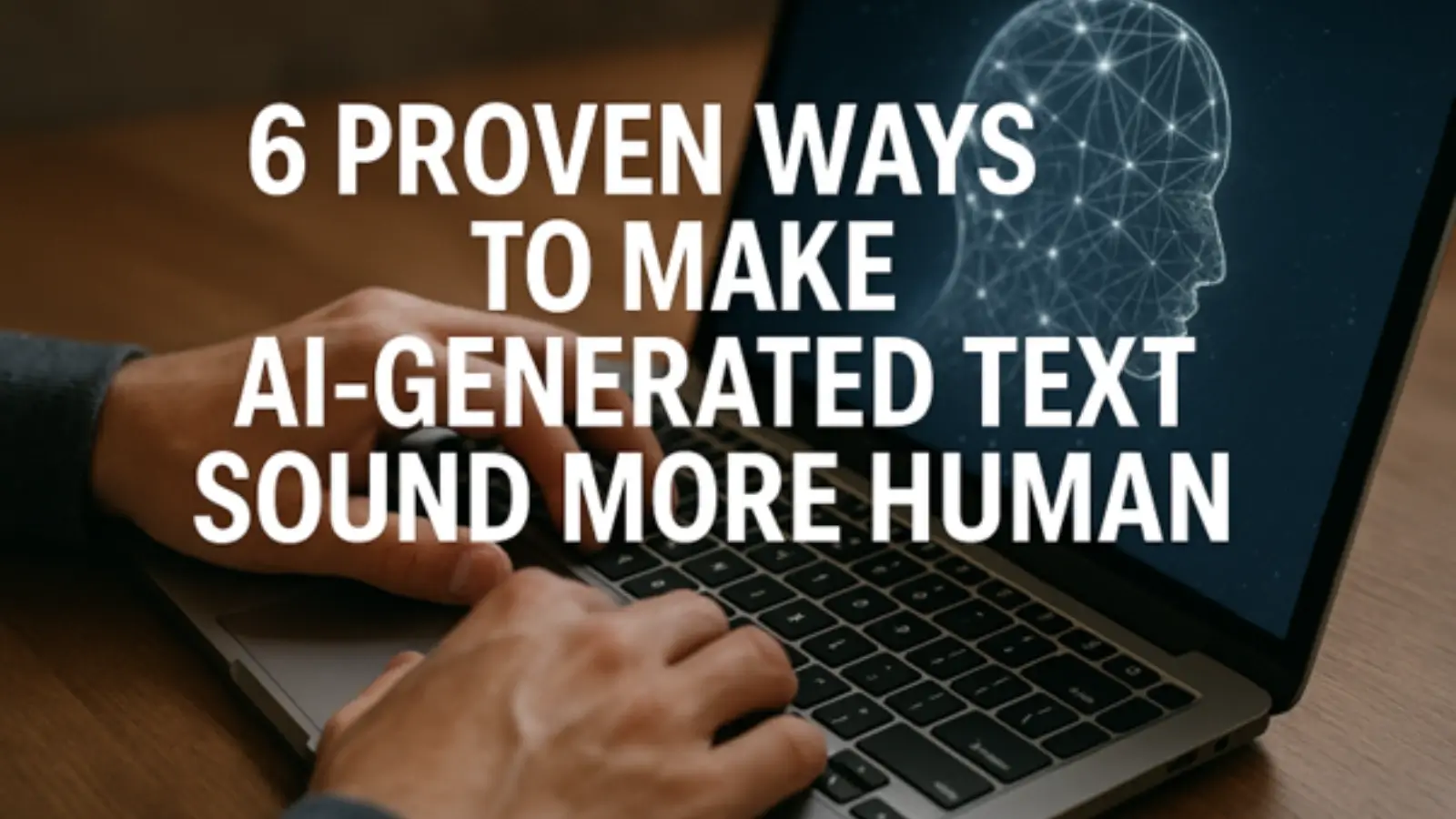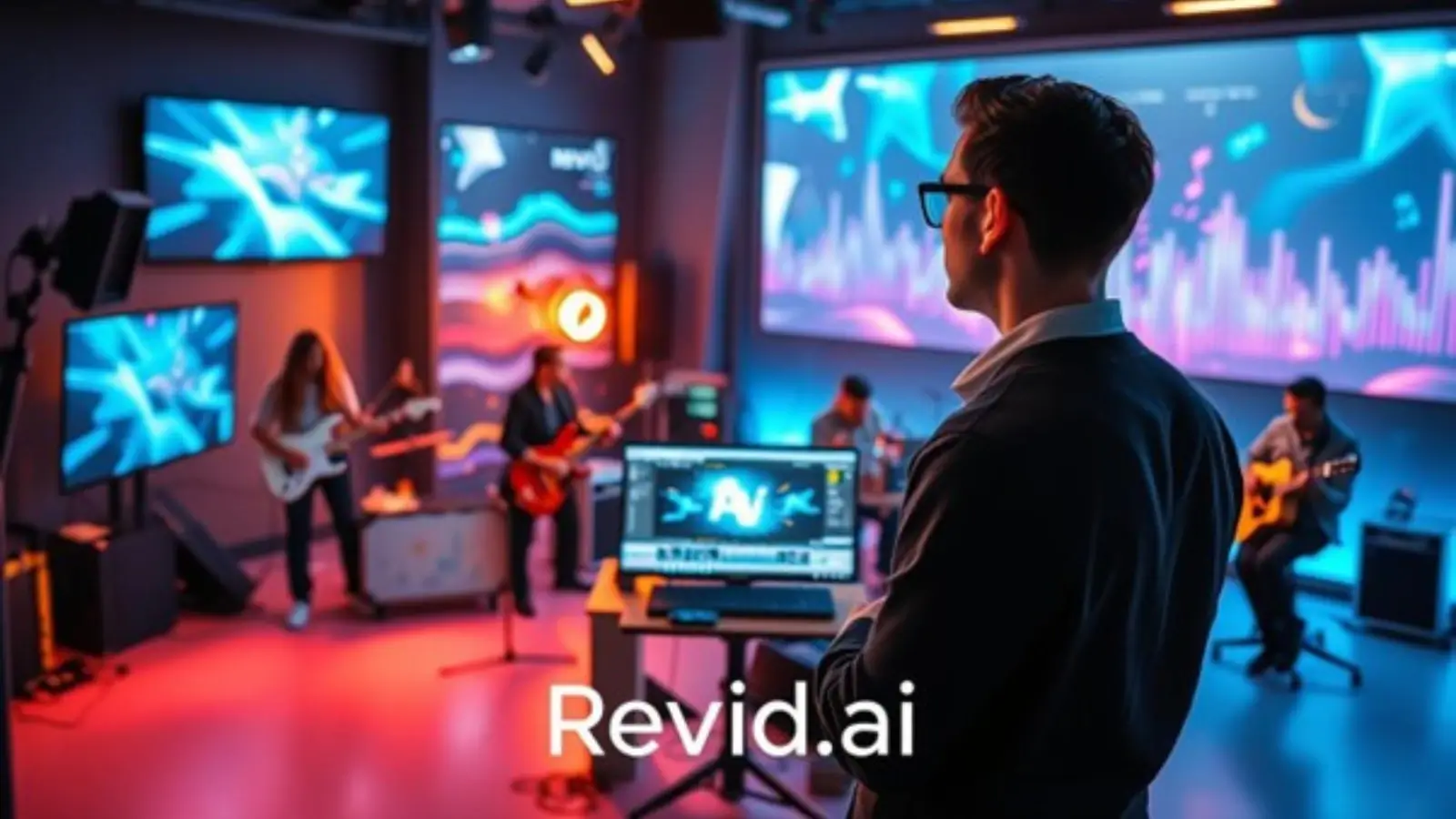Introduction: HR’s AI-Powered Evolution Has Begun
The modern Human Resources (HR) function is undergoing a radical shift. From recruitment and onboarding to performance reviews and employee engagement, traditional HR processes—often time-consuming and manual—are now being enhanced by artificial intelligence (AI). At the forefront of this transformation is Generative AI in HR, enabling HR teams to operate faster, smarter, and with greater personalization.
As enterprises grapple with scaling operations and improving employee experience, integrating generative AI into HR is not just an advantage—it's becoming essential.
The Core Capabilities of Generative AI in HR
Personalized Candidate Experiences
Generative AI enables the creation of tailored communication for every job candidate. Whether it's writing personalized outreach emails, generating interview feedback summaries, or customizing onboarding materials, AI-driven content generation enhances candidate satisfaction and brand perception.
Smart Resume Screening and Shortlisting
Screening hundreds of resumes manually is inefficient and error-prone. Generative AI, combined with machine learning models, can instantly match resumes to job descriptions, extract relevant skills and experience, and prioritize the top candidates—streamlining hiring workflows and reducing unconscious bias.
Automated Job Description Creation
Creating compelling, inclusive, and accurate job descriptions is a tedious task for many HR professionals. AI can automate this process by analyzing previous roles, identifying skill gaps, and drafting optimized job listings that attract the right talent.
Enhancing Operational Efficiency Through Automation
The Role of the HR Automation Agent
AI-powered agents can execute repetitive administrative tasks such as processing leave requests, updating employee records, managing internal queries, and sending reminders. The HR automation agent from ZBrain is designed to assist HR teams by acting as a reliable digital co-pilot. This intelligent agent reduces the burden of manual tasks while ensuring accuracy and consistency across HR operations.
Faster Onboarding and Training
Generative AI can automate onboarding documentation, personalize training paths, and generate microlearning content based on an employee’s role, background, or performance goals. The result is faster integration, higher productivity, and improved retention.
Real-Time Policy Interpretation and Compliance
HR teams often receive questions about policies, benefits, or procedures. Generative AI agents trained on internal documents and company policies can provide instant, consistent, and accurate answers to employees, reducing dependency on HR personnel and ensuring compliance.
Strategic Decision Making Backed by AI Insights
Predictive Analytics for Talent Management
AI systems analyze employee data to predict attrition risks, identify high-potential performers, and recommend upskilling or role changes. This predictive insight enables proactive talent planning and reduces the costs associated with turnover.
Sentiment Analysis and Employee Engagement
By analyzing surveys, feedback forms, and chat messages, AI can assess employee sentiment and detect patterns in morale or engagement levels. HR teams can then take targeted actions to boost satisfaction and workplace culture.
Diversity, Equity, and Inclusion (DEI) Insights
Generative AI can audit job descriptions, performance reviews, and promotion decisions to flag biased language or patterns, promoting fairness and inclusivity in the workplace. It ensures that DEI initiatives are more than just checkboxes—they are data-driven and continuously monitored.
The Business Case for AI in HR
Cost Savings and ROI
Automating core HR functions leads to significant cost reductions. AI minimizes the need for extensive administrative support and reduces hiring time—speeding up productivity gains. Furthermore, better hiring and retention decisions translate into long-term ROI.
Scalability and Global Consistency
AI enables organizations to standardize HR processes across regions and business units while allowing for local customization. This balance ensures consistency in compliance and communication, even as companies scale globally.
Agility in Dynamic Work Environments
From hybrid work models to the gig economy, the nature of work is changing. Generative AI equips HR with tools to adapt rapidly, ensuring organizations remain responsive and competitive in a dynamic landscape.
Best Practices for Integrating Generative AI in HR
1. Start with Clear Objectives
Define what HR challenges you're solving with AI—be it faster hiring, improved onboarding, or better employee engagement.
2. Use Quality Data
Generative AI performs best when trained on clean, structured, and relevant data. Ensure your HR data sources—employee records, surveys, feedback, etc.—are accurate and up to date.
3. Collaborate Across Functions
Involve IT, legal, and compliance teams early in the AI integration process to ensure security, privacy, and ethical use of AI tools.
4. Monitor and Improve
Implement feedback loops where AI-generated outputs are regularly reviewed, fine-tuned, and improved by HR professionals. This ensures trust and accountability in AI systems.
What the Future Holds
Generative AI will continue to evolve, offering even more powerful capabilities like real-time workforce planning, automated succession management, and hyper-personalized learning journeys. Companies that adopt early will gain a competitive edge in attracting, retaining, and empowering talent.
Final Thoughts
AI isn’t here to replace HR—it’s here to amplify its impact. From automating tedious workflows to delivering strategic insights, tools like generative AI and intelligent agents are revolutionizing human resources. As demonstrated by platforms like ZBrain, the future of HR is intelligent, data-driven, and human-centric.

